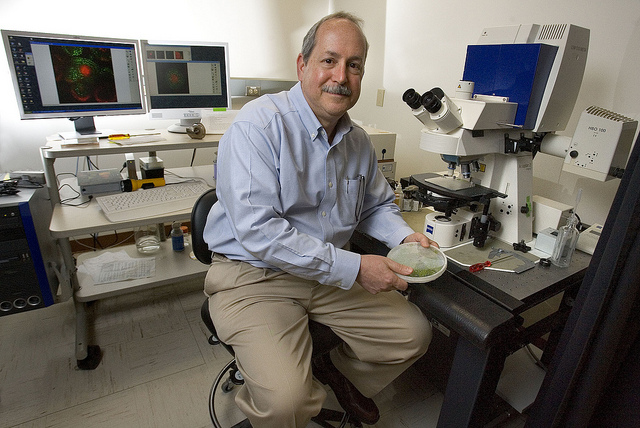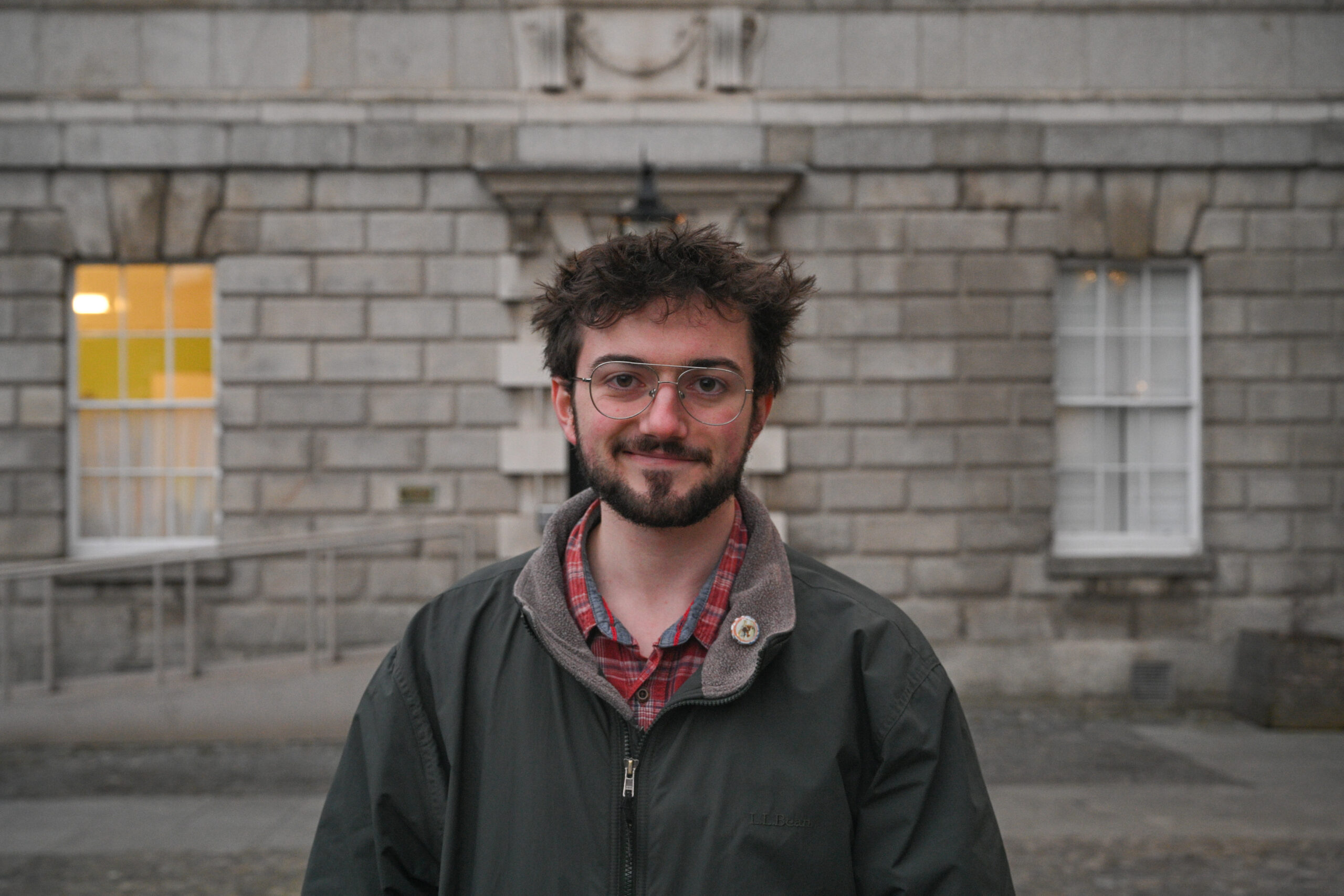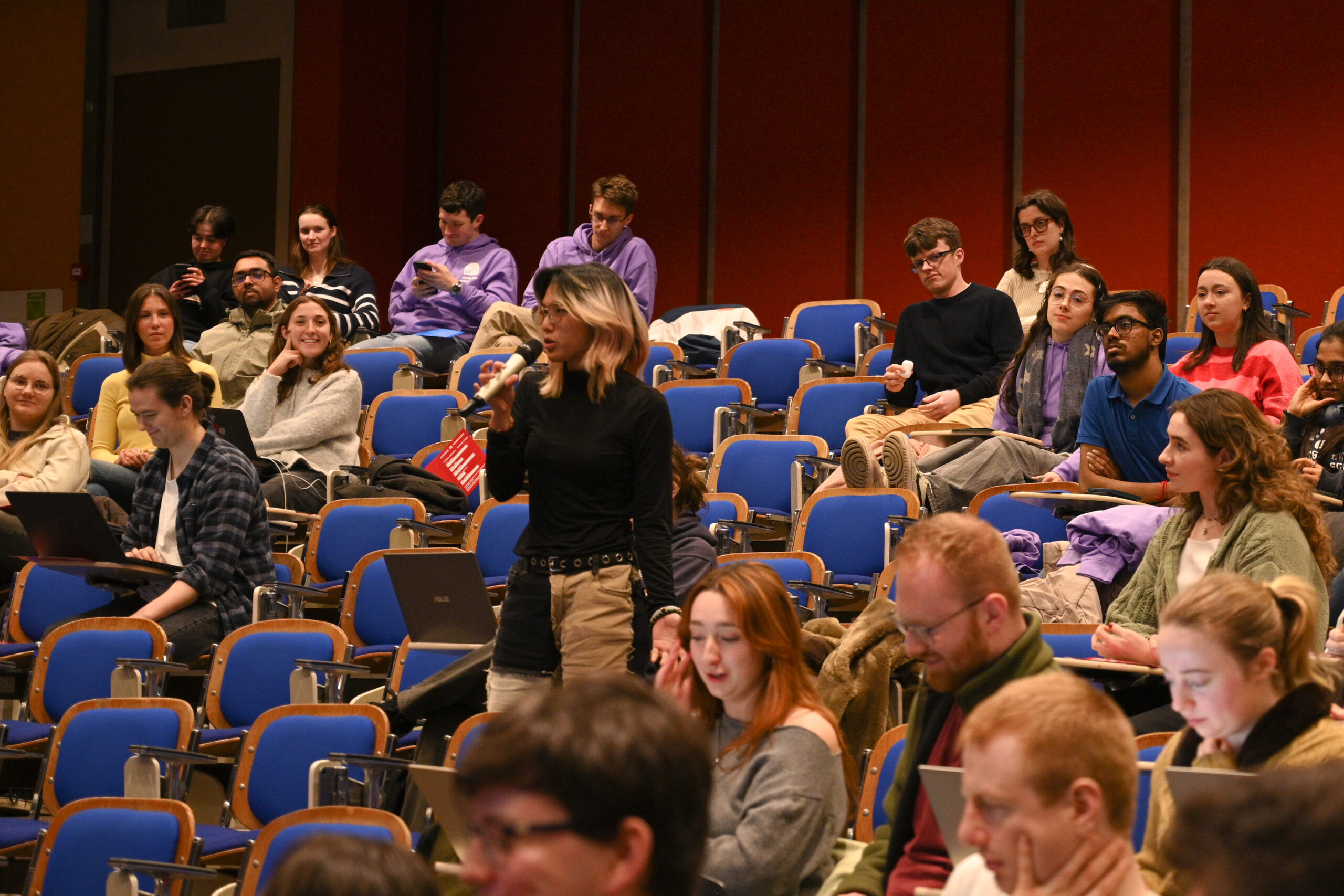Finn Keyes | Current Affairs Editor
Wednesday December 4th saw one of the world’s pre-eminent plant biologists, Dr Elliot Meyerowitz receive the George Dawson award in genetics for his great contribution to our understanding of how plants develop and grow. He was presented with the prize by Mani Ramaswami, Professor of Neurogenetics here in Trinity, who lauded Dr Meyerowitz as being “among the world’s most influential geneticists and plant biologists”.
Dr Meyerowitz’s lab was successful in finding the first ever receptor for a plant hormone.
The Dawson prize is named after the enigmatic Professor George Dawson, who founded the Trinity School of Genetics and was among the first to lecture on the subject of plant biology and genetics in Europe. He also later founded the Department of History of Art and his collection is the cornerstone of the college’s modern art collection. Dr Meyerowitz, in the preamble to his address, praised the renaissance mind of Prof. Dawson and the great diversity of his contributions to academia.
Dr Meyerowitz is particularly noted for solving the mystery of how different plants create specific leaf and flower patterns by examining their genetic structure and his lab was successful in finding the first ever receptor for a plant hormone. His address, entitled ‘How Plants Grow: Molecules, Cells and Computers’, sought to examine the possible benefits such research may have to all of us. He pointed to the ominous portents of our ever-expanding population and racing climate change as a challenge to our capacity to adequately feed and nourish all peoples as a catalyst for bringing such research forward.
Dr Meyerowirz pointed to the ominous portents of our ever-expanding population and racing climate change.
Dr Meyerowitz spoke convincingly about how technological advancements such as Norman Borlaug’s ‘Green Revolution’ have already saved entire nations from starvation and how the modern computer age is broadening our research and development capabilities in a way never before contemplated. He stated that we now fully understand the genetic makeup of plant life and the next step is to use all modern tools at our disposal in actively designing and directing plant development.
A condition of the prize stipulated by George Dawson himself, is that the recipient spend at least a full day in discussion with the fellows of the School of Genetics, both undergraduate and postgraduate. Dr Meyerowitz fully honoured Prof. Dawson’s wishes and spent the day in the halls of Trinity’s Biomedical Science Department on Pearse Street.







